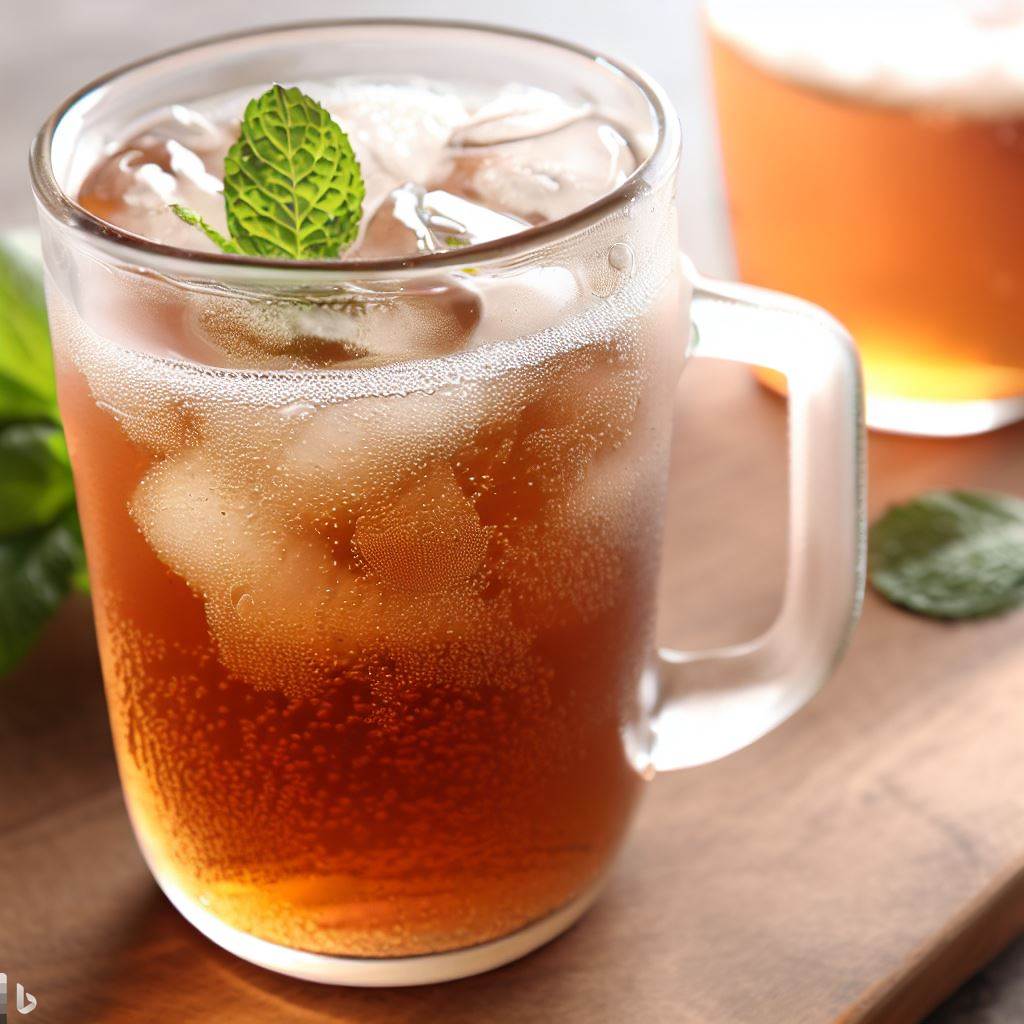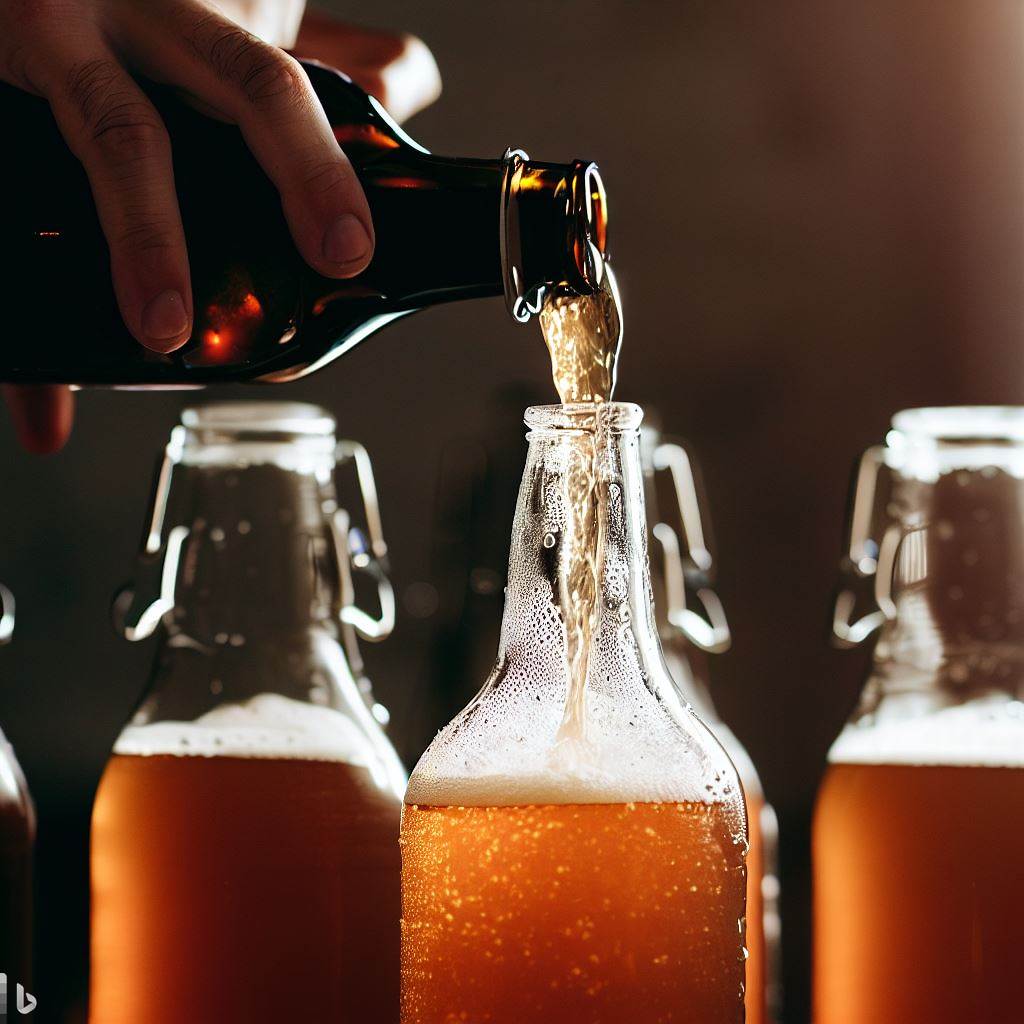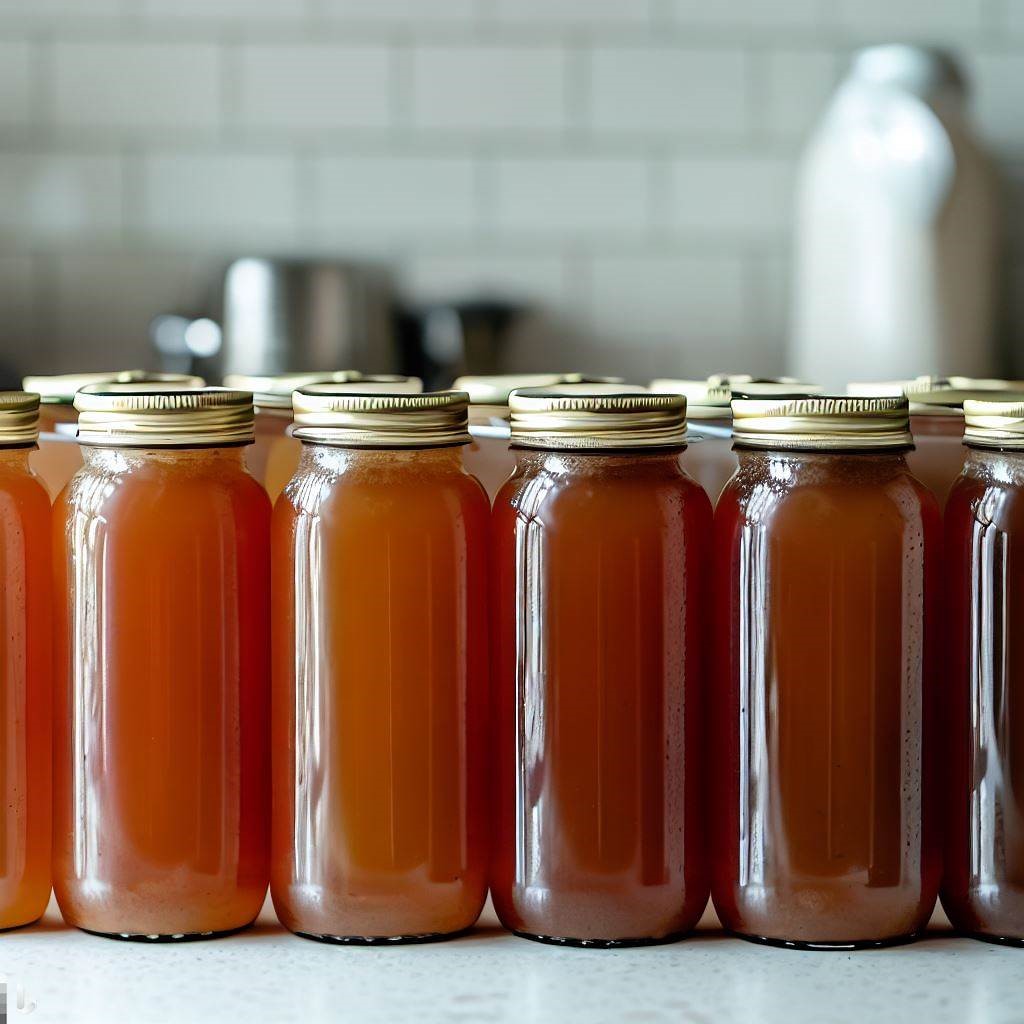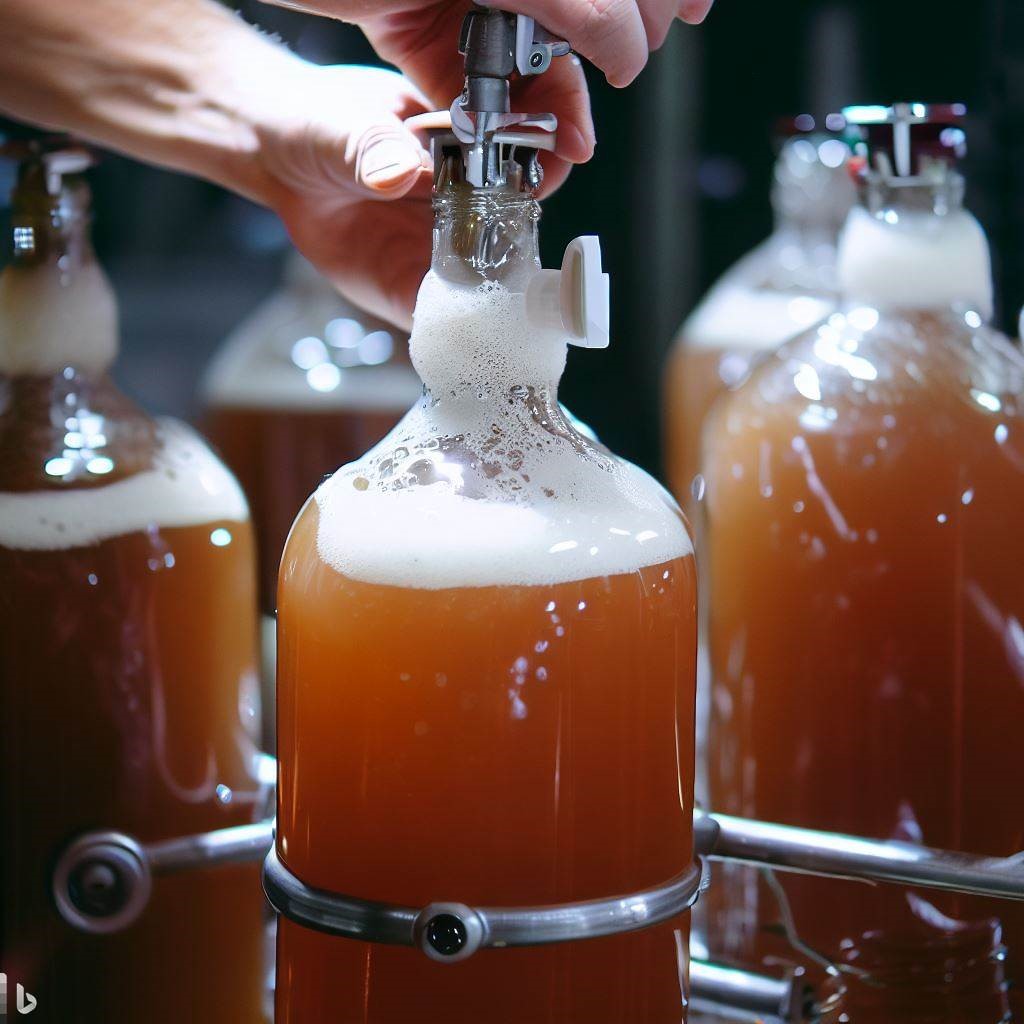Dehydration can occur when the body loses more fluids than it takes in, leading to an imbalance in electrolytes and affecting the body’s overall functioning. It is essential to replenish lost fluids and maintain proper hydration levels. While water is the primary choice for rehydration, various beverages, including Kombucha, have gained popularity for their potential benefits. In this article, we will explore whether Kombucha is good for dehydration and its potential effects on the body’s hydration.
The Ultimate Guide: In Regard to Kombucha and Dehydration
Staying properly hydrated is vital for maintaining optimal health and well-being. Dehydration can lead to fatigue, headaches, dizziness, and even more severe complications if left untreated. While water is the go-to choice for rehydration, alternative beverages like Kombucha have emerged as popular options due to their potential health benefits.
Understanding Dehydration
Dehydration occurs when the body loses more fluids than it takes in. This can happen due to excessive sweating, inadequate fluid intake, vomiting, diarrhea, or certain medical conditions. When the body lacks sufficient fluids, it disrupts the balance of electrolytes, which are essential for various bodily functions. Dehydration can affect individuals of all ages, especially those who are physically active or exposed to hot environments.
What is Kombucha?
Kombucha is a fermented tea beverage made from sweetened black or green tea. It is created through the fermentation process using a symbiotic culture of bacteria and yeast (SCOBY). During fermentation, the yeast converts the sugars into alcohol, which is then transformed into organic acids like acetic acid and gluconic acid by the bacteria. This process results in a slightly fizzy, tangy drink with potential health benefits.
Nutritional Content of Kombucha
Kombucha is low in calories and typically contains a variety of vitamins, minerals, and organic acids. The exact nutritional content may vary depending on the brewing process and specific ingredients used. Generally, Kombucha is a good source of B-vitamins, particularly B12, as well as antioxidants and polyphenols.
Hydration Benefits of Kombucha

While water should be the primary choice for hydration, Kombucha can contribute to overall fluid intake. Its high water content helps replenish lost fluids in the body, aiding in rehydration. Additionally, the presence of B-vitamins and organic acids in Kombucha may support energy metabolism and promote overall well-being, indirectly benefiting hydration.
Electrolyte Balance and Kombucha
Electrolytes are minerals that carry electrical charges and are essential for maintaining proper hydration and bodily functions. When we sweat or experience fluid loss, electrolytes such as sodium, potassium, and magnesium are also lost. Some commercially available Kombucha products may contain added electrolytes, which can help restore electrolyte balance in the body and aid in rehydration.
Factors to Consider
While Kombucha can contribute to hydration, there are several factors to consider. First, it’s important to choose a reputable brand or brew Kombucha at home using safe practices to
ensure its quality and safety. Additionally, individuals with certain health conditions or those on specific medications should consult with their healthcare provider before incorporating Kombucha into their hydration routine.
Moreover, it’s essential to remember that Kombucha contains a small amount of alcohol due to the fermentation process. While the alcohol content is generally low (typically less than 0.5% ABV), it is still important to exercise moderation, especially for individuals who are sensitive to alcohol or who need to avoid it altogether.
Furthermore, the taste of Kombucha can vary depending on the brewing method and flavorings added. Some people find the tangy, slightly acidic taste of Kombucha enjoyable, while others may find it less appealing. It’s worth trying different flavors and brands to find one that suits your taste preferences.
How to Incorporate Kombucha for Hydration
If you’re interested in incorporating Kombucha into your hydration routine, here are a few tips to consider:
- Choose a reliable brand or brew Kombucha at home using safe practices.
- Start with small quantities to see how your body responds and adjust accordingly.
- Consume Kombucha as part of a well-balanced diet and not solely as a hydration source.
- Consider the flavor profiles and select ones that you find enjoyable.
- Use Kombucha as an occasional alternative to water or other hydrating beverages.
Remember, while Kombucha can contribute to hydration, it should not replace the importance of drinking plain water and maintaining a balanced fluid intake.
Other Hydration Strategies
In addition to incorporating Kombucha into your hydration routine, it’s crucial to practice other effective hydration strategies. Here are a few recommendations:
- Drink an adequate amount of plain water throughout the day.
- Consume hydrating foods such as fruits and vegetables with high water content.
- Limit or avoid caffeinated and alcoholic beverages, as they can have diuretic effects.
- Pay attention to your body’s signals and drink when you feel thirsty.
- Consider using electrolyte-rich beverages or supplements during intense physical activity or prolonged exposure to heat.
By combining these strategies, you can maintain proper hydration levels and support overall well-being.
Thoughts

While water remains the primary choice for rehydration, Kombucha can be a refreshing and potentially beneficial addition to your hydration routine. With its high water content, B-vitamins, and potential electrolyte content, Kombucha can contribute to replenishing lost fluids and supporting overall hydration. However, it’s important to choose reputable brands, exercise moderation, and consider individual health needs. Remember to prioritize water intake and follow a balanced approach to hydration.
FAQs #1 (Frequently Asked Questions)
- Is Kombucha a good alternative to water for hydration? Kombucha can contribute to hydration, but it should not replace the importance of drinking plain water. Water remains the best choice for rehydration.
- Can Kombucha help with dehydration symptoms? Kombucha’s high water content and potential electrolyte content may aid in replenishing lost fluids and supporting hydration. However, it’s important to consider individual needs and consult with a healthcare provider if necessary. But overall Kombucha is Good for Dehydration, yet not as good as water.
- Are there any side effects of drinking Kombucha? While rare, some individuals may experience digestive discomfort or allergic reactions to Kombucha. It’s important to start with small quantities and monitor how your body responds.
- Can anyone drink Kombucha? Most individuals can enjoy Kombucha as part of a balanced diet. However, those with certain health conditions or who are on specific medications should consult with their healthcare provider before consuming Kombucha.
- Where can I get Kombucha? Kombucha is widely available in health food stores, grocery stores, and online platforms. You can explore different brands and flavors to find the one that suits your preferences. Additionally, you can also brew Kombucha at home using starter kits and following proper brewing guidelines.
FAQs #2 (Frequently Asked Questions)
1. Is Kombucha safe for everyone to drink? Kombucha is generally safe for most people to consume. However, individuals with certain health conditions, such as compromised immune systems or specific gastrointestinal issues, may need to exercise caution or consult with a healthcare professional before including Kombucha in their diet.
2. Can Kombucha help with other health benefits besides hydration? Kombucha is often associated with potential health benefits due to its probiotic content and antioxidant properties. However, further research is needed to fully understand the extent of these benefits and their impact on overall health.
3. Can Kombucha be consumed by pregnant or breastfeeding women? Pregnant or breastfeeding women should exercise caution when consuming Kombucha. Due to the potential alcohol content and uncertain effects on pregnancy and breastfeeding, it is recommended to consult with a healthcare provider before including Kombucha in the diet.
4. Are there any potential risks or side effects of drinking Kombucha? While rare, some individuals may experience adverse effects such as digestive discomfort, allergic reactions, or interactions with certain medications. It’s important to start with small quantities, monitor your body’s response, and discontinue use if any negative symptoms occur.
5. Can I make Kombucha at home? Yes, making Kombucha at home is possible and can be an enjoyable process. However, it is crucial to follow proper brewing guidelines, maintain cleanliness and hygiene, and ensure the safety of the fermentation process. There are various starter kits and resources available for homebrewing.
Conclusion

In conclusion, while Kombucha can be a refreshing and potentially beneficial beverage, particularly due to its high water content and potential electrolyte content, it should not replace the importance of drinking plain water for proper hydration. It can be enjoyed as a part of a well-balanced diet and hydration routine, but it’s essential to choose reputable brands, consume it in moderation, and consider individual health needs. So yes Kombucha is Good for Dehydration but not as good as H20!
Remember to listen to your body’s signals and drink water when you feel thirsty. By adopting a holistic approach to hydration, incorporating Kombucha as a part of your overall fluid intake, and following healthy lifestyle habits, you can maintain optimal hydration levels and support your well-being. Incorporating Kombucha into your hydration routine can add variety and potential benefits to your overall well-being. Remember to make informed choices, listen to your body, and prioritize a balanced approach to hydration and health.
Thanks for reading our GMK Article on Is Kombucha Good for Dehydration. Read on Kombucha Master:







